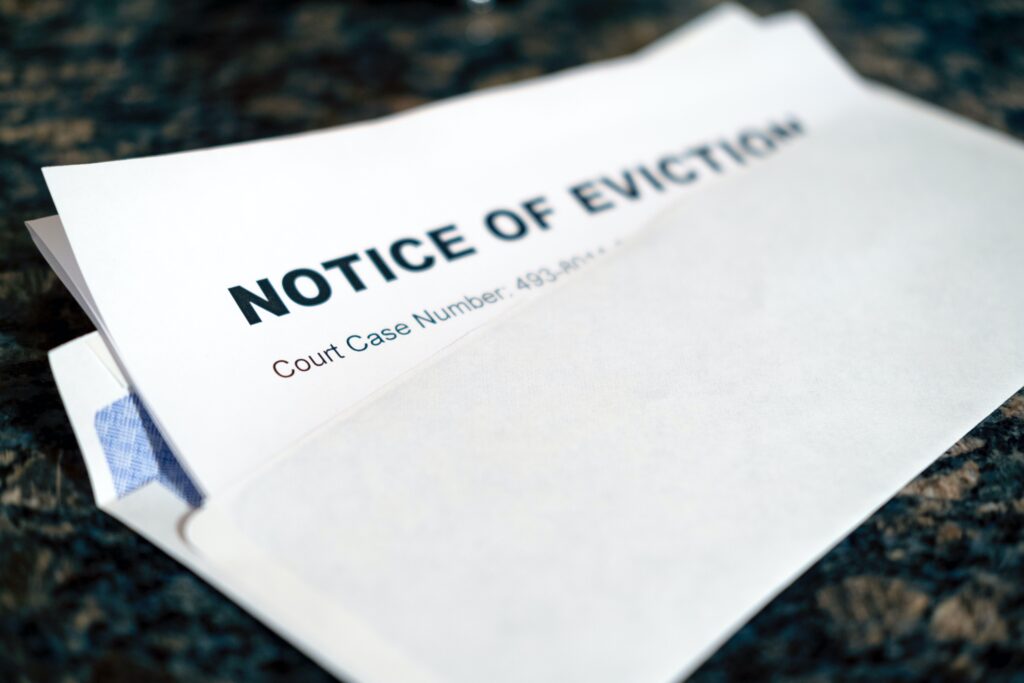The loss of a loved one is always difficult, and dealing with their estate can feel overwhelming. One major step is securing the grant of probate from the court. But once you’ve received that all-important document, as the appointed executor, you may be wondering “what do I do next?”
That’s the purpose of this guide, which looks at the subsequent actions required after probate has been granted. From accessing the deceased’s assets and paying debts, through to valuing the estate correctly and distributing it per their will’s wishes.
Understanding your new authority
As the executor approved through the grant of probate, you now have legal authority to fully administer and distribute the deceased’s estate according to their will’s instructions. But what exactly does this new permission empower you to do?
Asset collection
With probate secured, you can now locate, access and take control of all assets owned by the deceased. This includes their property, financial accounts, physical possessions, business interests and more. Your job is securing everything safely during this process.
Settling debts and dues
Probate also authorises you to settle any outstanding loans, unpaid bills, taxes, or other debts owed from the deceased’s estate funds before distributions occur. Identifying and paying off these obligations is necessary to ensure the estate is clear of liabilities and can be distributed according to the will.
Tax liabilities
Speaking of taxes, probate signals you must calculate and handle any potential income tax, capital gains tax or inheritance tax liabilities tied to the estate and asset transfers.
Upholding their wishes
Perhaps most importantly, that grant of probate formally makes you the gatekeeper of the deceased’s final wishes laid out in their will. Ensuring specific assets and funds transfer to the correct beneficiaries as required per the will becomes your responsibility.
With that legal authority granted by probate, let’s look at the key steps you as executor must now take.
Secure and inventory their assets
Your first major task is identifying, securing and taking control of every single asset comprising the deceased’s estate. This includes:
- Residential properties and deeds
- Financial accounts, shares, pensions and policies
- Physical valuables like jewellery, art and collectibles
- Businesses or professional interests they held
- Digital assets like websites and online accounts
Gathering all relevant documentation, contacting institutions and updating access credentials are essential steps to legally secure and take control of all asset ownership during this process.
From there, you’ll also need to arrange professional valuations and appraisals for many asset types in the estate. Assuming you plan to sell off some of the assets, accurate assessments of current fair market values are critical for:
- Calculating potential capital gains, inheritance and other tax liabilities
- Documenting equal distributions amongst beneficiaries
- Justifying sale and liquidation pricing if required
Fulfilling these initial responsibilities thoroughly creates a solid foundation for the rest of your executor duties.
Settle outstanding debts and taxes
Before any disbursements to beneficiaries can occur, you must first use the deceased’s estate funds to pay off all remaining unsettled debts they owed, including:
- Mortgages, loans and credit cards
- Utility bills and service provider invoices
- Final medical and care home expenses if any
- Income taxes, property taxes and other tax obligations
Tax liabilities in particular require diligent investigation. As executor, you’re expected to determine if any capital gains, income or inheritance taxes were triggered by asset transfers, investments or estate valuations that now require filing and payment.
Specialist accountants can prove invaluable here if you lack experience with estate taxation. Keeping records of all settled debts and documenting tax compliance creates a defensive record of proper executor conduct.
Adhere to their will’s directives
With debts cleared, you can now turn your focus to carefully distributing the deceased’s assets in accordance with the exact instructions laid out in their will, including:
Transferring designated assets
Many wills specify certain assets like jewellery, heirlooms or even properties are to be bequeathed to individual named beneficiaries. You must legally re-assign ownership properly.
Establishing trusts
Some wills call for creating new trust funds (e.g. living trusts, special needs trusts) that portions of the estate must be correctly registered into per will stipulations. This may involve third-party trustees too.
Fulfilling charitable gifts
If the deceased wished to leave parts of their estate to specific charities, organisations or causes, you’ll need to vet and document all donations faithfully.
Properly handling and distributing the estate is crucial to avoid any accusations of misconduct as an executor.
Closing the estate
Once all directives are satisfied, the remaining tasks involve wrapping everything up neatly with comprehensive reporting on:
- All income, expenses, debts and asset sales conducted
- Ownership documentation updates for inherited assets
- Any final income or estate tax return filings required
Creating a thorough record shows you fulfilled your duties according to the deceased’s will and the law. Only then can you resign as executor and transfer any remaining funds and legal authority to the appointed estate trustees or beneficiaries.
While a lengthy process, securing that initial grant of probate empowers you to properly administer the estate’s affairs according to your loved one’s final wishes. Maintain focus and you’ll bring order through this challenging chapter.
What to do with any property passed on
If you’ve been left property as part of a loved one’s will, you’ll need to decide what to do with it. If you don’t wish to keep it—either because you need to cover inheritance tax, or you need to distribute the equity, or it has become unlivable—you may be after a quick sale.
In the UK, you are legally obliged to pay inheritance tax within 6 months of the date of death. This law often puts a lot of pressure on many executors to liquidate assets quickly to cover the cost of the tax.
This is where Property Rescue can help. We’ll provide you with a free, no-obligation quote and can complete the purchase of the probate property within just 7 days, so that you have all the cash from the sale in the bank, ready to use.
Not only that, but we’ll take care of all the legal costs, so there’s no hassle on your end.
Get in touch with Property Rescue if you want to quickly liquidate a property into cash. We can help, regardless of the condition of the property.








